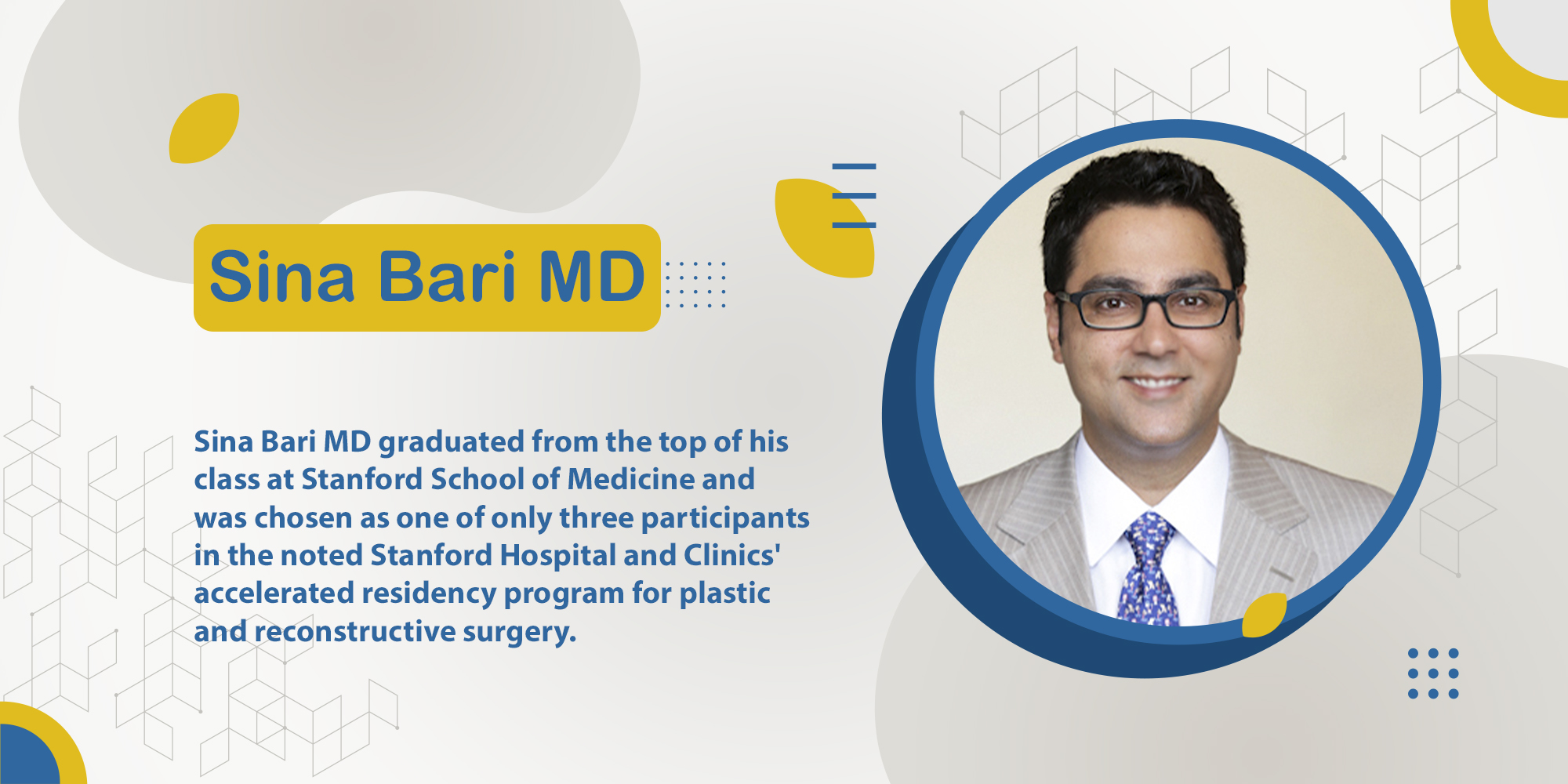
Medical artificial intelligence (AI) has the potential to revolutionize the healthcare industry and bring about significant improvements in patient outcomes and quality of care. However, as with any new technology, important ethical considerations must be taken into account. In this article, we will explore some of the ethical challenges posed by medical AI and examine the views of Sina Bari, MD, an expert in the field of medical ethics and AI.
Introduction
Medical AI is a growing field that utilizes machine learning algorithms to analyze large amounts of data and make predictions or recommendations in the healthcare industry. From diagnosing diseases to developing personalized treatment plans, the potential applications of medical AI are vast and varied. However, as with any new technology, important ethical considerations must be taken into account.
The Benefits of Medical AI
Medical AI has the potential to bring about significant improvements in patient outcomes and quality of care. For example, AI algorithms can be used to analyze large amounts of medical data, such as electronic health records, to identify patterns and make predictions about future health outcomes. This information can then be used to develop personalized treatment plans for patients, which can lead to improved outcomes and a higher quality of care.
Another benefit of medical AI is that it can potentially increase the healthcare system’s efficiency. By automating tasks such as data analysis, medical AI can free up healthcare providers to focus on other tasks, such as providing care to patients.
The Ethical Considerations of Medical AI
Despite the many benefits of medical AI, important ethical considerations must be taken into account. Some of the key ethical challenges medical AI poses include privacy concerns, the potential for bias in algorithms, and the impact on healthcare providers.
Privacy Concerns
One of the biggest ethical considerations of medical AI is privacy. Medical AI algorithms rely on large amounts of data to make predictions and recommendations, and this data is often sensitive and personal. As a result, it is important to ensure that the data is protected and that patient privacy is maintained.
Potential for Bias in Algorithms
Another ethical challenge medical AI poses is the potential for algorithm bias. AI algorithms are only as good as the data they are trained on, and if the data contains biases, these biases can be reflected in the algorithms’ predictions and recommendations. This can significantly impact patient care, as biased algorithms may not provide accurate or fair recommendations for certain populations.
Impact on Healthcare Providers
Finally, medical AI also has the potential to impact healthcare providers. As medical AI algorithms become more advanced, they may automate certain tasks that were previously performed by healthcare providers. This could lead to a decrease in the demand for certain types of healthcare providers, such as doctors or nurses, and could also lead to a reduction in the quality of care provided to patients.
Sina Bari MD’s Views on Medical AI Ethics
Sina Bari MD is an expert in the field of medical ethics and AI, and he has written extensively on the ethical considerations of medical AI. According to Dr. Bari, the key to ensuring the ethical use of medical AI is to balance its benefits and the ethical concerns it raises.
In an article published in the Journal of Medical Ethics, Dr. Bari argues that medical AI can revolutionize the healthcare industry and significantly improve patient outcomes and quality of care. However, he also emphasizes the importance of ensuring that ethical principles, such as privacy and fairness, guide medical AI use.